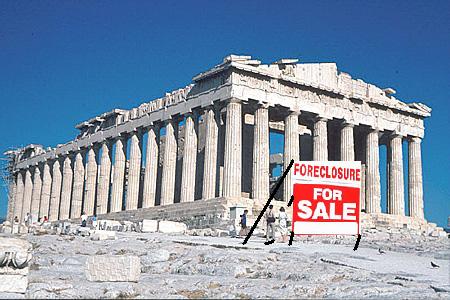
 Much has been said about the exponential manner in which technology has been advancing in recent years. I was born in 1970 and I have always been a huge music lover. During my life, I’ve moved from the 8-track and vinyl records to cassette tapes, cds and now iTunes. Cell phones have become an integral part of our lives, but anybody older than 30, remembers a time when telephones where stationary and featured a rotary dialing system. Yes, things have really changed in the last decades, and 2009 marks the centennial of an invention that, in many ways, made all these changes possible. Today, we can’t turn around without encountering something made of plastic. This relentless ubiquity makes it hard to believe that plastic has not always been a part of our world.
Much has been said about the exponential manner in which technology has been advancing in recent years. I was born in 1970 and I have always been a huge music lover. During my life, I’ve moved from the 8-track and vinyl records to cassette tapes, cds and now iTunes. Cell phones have become an integral part of our lives, but anybody older than 30, remembers a time when telephones where stationary and featured a rotary dialing system. Yes, things have really changed in the last decades, and 2009 marks the centennial of an invention that, in many ways, made all these changes possible. Today, we can’t turn around without encountering something made of plastic. This relentless ubiquity makes it hard to believe that plastic has not always been a part of our world.The Age of Plastics began in 1909 when Leo Baekeland created Bakelite, a synthetic polymer composed of phenol and formaldehyde. Since then, the world has never looked the same. Toothbrushes, chairs, shopping bags, Nylon shirts, Teflon frying pans, car bumpers, Tupperware containers, sunglasses, GPS navigation devices, Gore-Tex jackets, bobble-head dolls and the very keyboard that I use to type these words, are all entirely or partially made of plastic.
It is ironic and paradoxical that the material responsible for drastically changing the world is also the same one that



